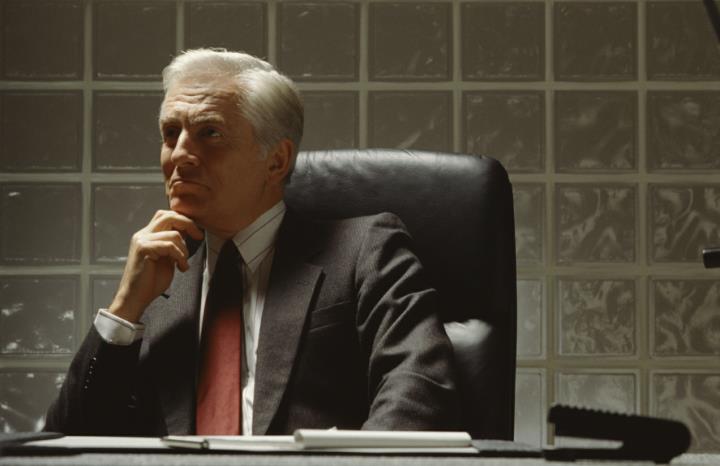Vendor Analysis
Together, we will meet with and screen the short list candidate vendors, and ask them to demonstrate how their software fits your business, using the customized demo script which we will prepare based on the needs analysis. We will ask each vendor to show, step-by-step, how its software can accomplish the most difficult and time-consuming processes. This will help us assess the product’s look and feel, learn about the company, and verify the first impressions we may have formed during the research. If software modifications are required to accomplish these processes, the vendor should indicate exactly how it can be done, and how expensive it is likely to be.
Keep in mind that vendors who can quickly understand what your business requires, and can determine a relatively easy-to-accomplish change on the spot, may well be the best, and least expensive, choice in the long run. These situations will be encountered many times during implementation, and a group who can get past them easily is invaluable. This skill is often particular to an individual rather than to the company. We need to make sure that we will be working with the right person(s). Many businesses try to reach a purely quantitative conclusion, but ultimately it comes down to which vendor will be the best cultural fit. We will need to decide which of the vendors you feel most comfortable moving forward with.
Financial Comparison Analysis
When calculating ERP deployment costs, they should always be calculated over a period of between five and ten years. Ten years is recommended since companies generally rely on their ERP system for at least that long. The evaluation will be based on the Total Cost of Ownership (TCO) approach.
Now is the time to use the leverage we have. Once the contracts are signed, future discounts are much more difficult to achieve. As soon as you implement the ERP, you’re locked in. It’s usually prohibitively expensive to switch ERP systems, and the vendor knows it. We never have more negotiating power than we do before the deal is signed. Our negotiation expertise will most often will save you more money than our fee.
The long-term operating cost of the ERP software is of special interest in the selection process. The software’s upgrade path is vital to the discussion. We will insist that the vendor disclose the real cost of future upgrades. The total cost of some ERP system upgrades can be extremely expensive because their software architecture requires that all programming modification be redone on the new version. Programming modifications should be undertaken with this topic in mind.
Of fundamental importance when selecting an ERP system is the economic stability of the ERP vendor, and its future strategy. The support structure and ongoing software development have to be ensured over many years.
Final Recommendation
After the results are evaluated, references verified, prices and contracts negotiated, and budget finalized, the winning vendor is selected. Keep in mind that if we have followed the plan, we’ll probably be selecting among two or three vendors who can all satisfy the requirements. While it is very important to follow the right process and not to decide just on gut feel, this part of the process is often “splitting hairs”. It may all come down to who is trusted more, or who is more local.
Conclusion
The guidance of our expert decision support consultant will maximize the likelihood that the new system will be selected and implemented with the least possible business interruption, at the least possible cost, and in the shortest timeframe.




